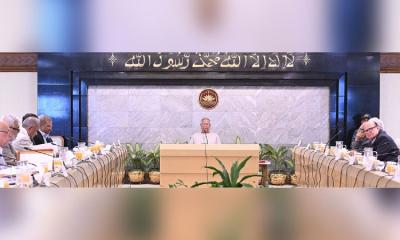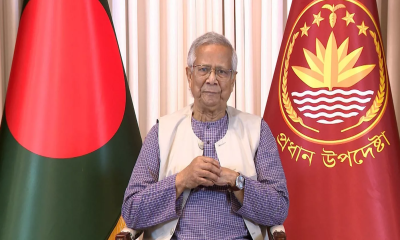- Awami League maintains that the recent mass uprising in Bangladesh was a "planned conspiracy."
- Despite significant casualties from the use of force during the protests, the party refuses to accept responsibility.
- Grassroots leaders express frustration with the leadership’s failure to return to full political activity.
- Political analysts suggest that the party may struggle to regain public support without an apology for its actions.
- Awami League is focusing on reorganization and recovery after significant internal and external challenges.
Even three months after losing power in the face of a mass uprising in Bangladesh, there is no sign of regret within the Awami League regarding its actions, a report of BBC Bangla stated.
Instead, the party still perceives the entire situation as a "conspiracy."
In particular, the use of force to suppress the student protests in July-August, which led to numerous fatalities, has not prompted any formal apology from the party.
The top leaders of Awami League still believe that the popular uprising was a “planned conspiracy” to oust Prime Minister Sheikh Hasina and force her into exile. They have accused foreign powers, along with opposition parties like BNP and Jamaat-e-Islami, of being involved in this conspiracy.
The party’s leadership also claims that the movement against them is part of a broader plot, which includes filing lawsuits against Sheikh Hasina and other party leaders, calling for the banning of Awami League’s political activities.
Despite these issues, Awami League is attempting to recover from the organizational crisis it faced after August and is slowly reorganizing. A network of communication has already been set up among leaders and workers in hiding, both domestically and abroad. Some grassroots leaders have begun returning to their local areas.
To boost the morale of their supporters, the Awami League recently held its first formal program three months after the uprising. However, top leaders have indicated that there are no immediate plans to launch a government-opposing movement. Instead, they are waiting to see how public dissatisfaction and frustration over issues like rising prices and law and order may lead to the collapse of the interim government.
However, there has been growing anger among grassroots leaders who were forced into hiding. They have criticized the decision to announce the program from abroad, saying it has further endangered local activists.
Political analysts, however, suggest that while Awami League may return to politics, it will be difficult for them to regain public support unless they apologize for their actions.
**"Planned Conspiracy" Theory**
From the very beginning of the recent mass uprising in Bangladesh, Awami League has labeled it as a “planned conspiracy.” During the student protests in July, when the situation became violent, Prime Minister Sheikh Hasina herself first referred to the movement as a conspiracy.
On July 24, Hasina told reporters, “It was clearly a huge conspiracy.”
Even after losing power, Awami League continues to espouse the same view. "It is becoming increasingly clear that this (mass uprising) was a planned conspiracy. The words and actions of the Yunus government reveal it," said Awami League`s Joint General Secretary, AFM Bahauddin Nasim.
According to Nasim, even the chief advisor of the interim government, Professor Dr Muhammad Yunus, admitted this in a speech in September, where he said the student protests were “carefully planned.”
Awami League believes that the student protests, which turned into a government-opposition movement, were influenced not only by BNP and Jamaat-e-Islami, but also by foreign powers.
"Those who opposed Bangladesh during the liberation war are part of this conspiracy. They want to portray Bangladesh as a failed state," said Khalid Mahmud Chowdhury, former state minister of shipping in the Awami League government.
In an interview with the Indian news agency ANI on August 5, Sheikh Hasina`s son, Sajeeb Wazed Joy, also spoke of foreign involvement, specifically suspecting Pakistan`s intelligence agency, the ISI, of inciting the protests.
Despite such repeated claims, one question remains: why did Awami League fail to prevent the so-called conspiracy after being in power for over 15 years? Nasim acknowledged the failure of state intelligence agencies to foresee the extent to which the protests would escalate, especially regarding the issue of quotas.
Awami League Avoids Responsibility
The government`s use of force to suppress the student protests in July-August, which resulted in a significant number of deaths, is unprecedented in Bangladesh’s history. According to the interim government’s preliminary list, over 800 people died during the protests, most of them from gunshot wounds. More than 20,000 were injured, with many suffering permanent disabilities.
However, Awami League refuses to take responsibility for these casualties. “From the start, we said that a third party was involved in the protests, and it was their gunfire that killed the common people,” Nasim claimed.
He argued that the alleged "third party" was part of the larger conspiracy, claiming that even government advisors had recognized that weapons like the 7.62mm rifle, not used by Bangladesh police, were involved in the killings.
On August 12, former Home Affairs Advisor Brigadier General (retd) M. Sakhawat Hossain made an initial remark questioning how civilian targets were shot with military-grade rifles, suggesting further investigation was needed. However, he later claimed the media misquoted him.
Despite the admission of third-party involvement, multiple images and videos from the protests showed police and Awami League militants firing on protesters. At one point, even Awami League ministers claimed that “terrorists disguised as police” were shooting civilians.
Nasim, however, insists the party was aware of such incidents but was focused on managing the broader political instability at the time. "We were aware, but with the chaos in the country, the government prioritized managing the situation," he said.
Admission of Mistakes
Despite insisting the protests were a conspiracy, top Awami League leaders have also acknowledged that some mistakes were made during their tenure.
“Awami League is not a party from the sky. We are all humans, and it’s natural to make mistakes while governing. There were certainly some mistakes,” said Bahauddin Nasim.
Human rights violations, including extrajudicial killings under the guise of `crossfire` or `encounter killings,` have been significant allegations against the Awami League government. According to the human rights group Ain o Salish Kendra (ASK), at least 1,926 people were killed extrajudicially during the party’s rule.
Corruption, land grabs, and large-scale money laundering are also major accusations. Transparency International Bangladesh has reported that between $12-15 billion was illicitly transferred abroad each year during Awami League’s governance.
Nasim added, “We are now engaging in self-criticism. We want to move forward by learning from our mistakes.”
When asked if actions would be taken against party members involved in corruption, Nasim responded, “Awami League has always been firm against such practices, and we will discuss the next steps in our party’s policy-making bodies.”
Forced into Hiding
After Prime Minister Sheikh Hasina unexpectedly left for India on August 5, leaving the country’s leadership in disarray, Awami League leaders and workers were attacked across the country. Many had to go into hiding for their own safety.
“We were forced to go into hiding. The attacks and killings left us no choice,” said Nasim.
In the three months following the political upheaval, many top leaders of Awami League, who went into hiding, have either been arrested or fled the country. Meanwhile, Sheikh Hasina faces over 200 lawsuits, most of them for murder, and other leaders have also been named in numerous legal cases.
“False and baseless cases have been filed against our leaders, including our president,” said Khalid Mahmud Chowdhury.
Since the first of August, Awami League has claimed that hundreds of its leaders and workers have been killed in attacks. Chowdhury stated that the party is collecting data on those killed and injured during the ongoing violence.
Efforts to Recover from Crisis
Following the mass exodus of leaders into hiding after August 5, Awami League found itself in a leadership vacuum and in crisis. However, the party is now attempting to recover, with leaders reaching out to each other through a newly formed network of communication both domestically and abroad.
“We are now in regular contact with our leaders, discussing and coordinating strategies,” said Khalid Mahmud Chowdhury.
Even grassroots leaders are reportedly in communication with party president Sheikh Hasina. Some phone conversations between Hasina and local leaders have been leaked online, although the authenticity of these communications has not been independently verified.
Despite the party’s efforts to reorganize, grassroots leaders have expressed dissatisfaction over the delay in returning to full political activity. Many argue that the top leadership’s absence from the country and their failure to issue public apologies for past mistakes is a source of frustration for activists on the ground.
Analysis: Difficult Road Ahead
Political analysts warn that without an apology for its past actions, Awami League will find it difficult to regain political ground.
Dr Zobaida Nasreen, a political analyst, said, "If Awami League wants to return to politics, they must seek forgiveness from the people for the authoritarian rule they imposed."
Other analysts, like Mohiuddin Ahmed, echoed this sentiment, saying, "If they apologize, the people will forgive. But it seems unlikely that Awami League will apologize, because doing so would undermine their political standing."
Grassroots Leaders’ Concerns
Grassroots leaders, many of whom were forced into hiding due to attacks after the protests, have expressed frustration over the leadership’s decision to announce programs from abroad. "How can the leaders, safe abroad, announce programs without thinking about the danger it puts us in here?” said one district-level leader.
Another grassroots leader from southern Bangladesh agreed, emphasizing that the party should apologize for its role in suppressing the protests, which led to significant casualties among activists.
Looking Ahead: Awami League`s Future Plans
Awami League`s main priority now seems to be reorganization. On November 10, the party held a program to commemorate Noor Hossain Day in Dhaka. While few supporters attended, some were attacked and beaten.
“We’ve seen how they’ve labeled us fascists, but the public can see who the real fascists are,” said Nasim.
For now, Awami League leaders seem to be banking on the eventual collapse of the interim government, hoping that rising public anger over the economy and corruption will lead to a shift in the political landscape. However, with widespread dissatisfaction among their grassroots leaders and no clear path to political redemption, their future remains uncertain.


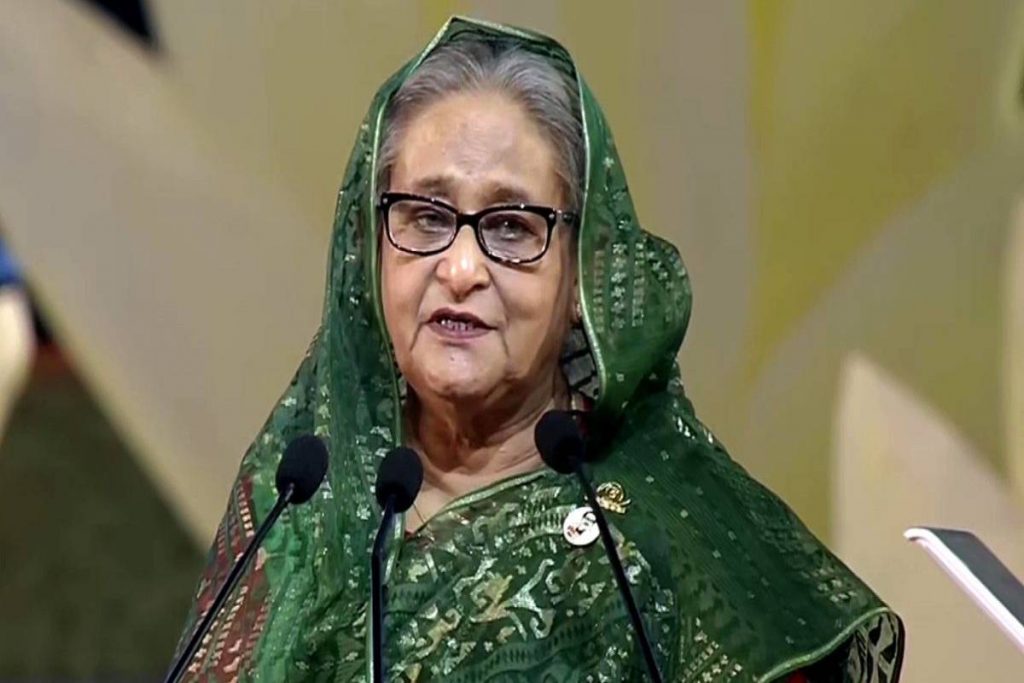

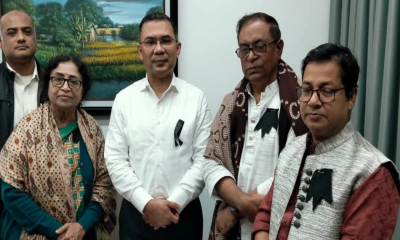
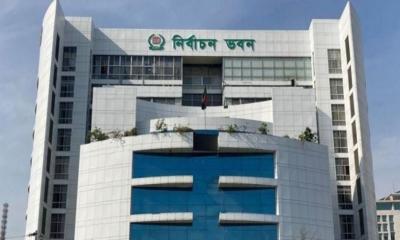
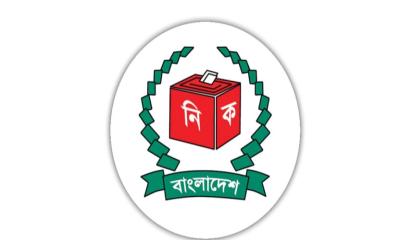
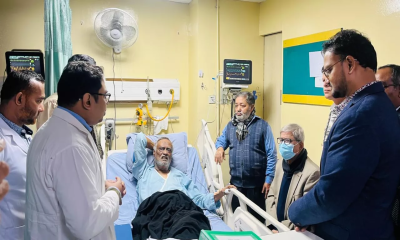
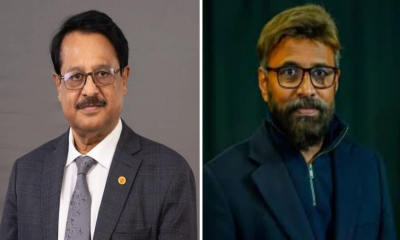
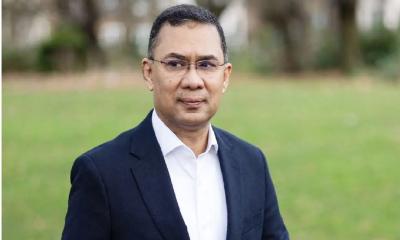

-(25)-20251122062715-20260105041159.jpeg)
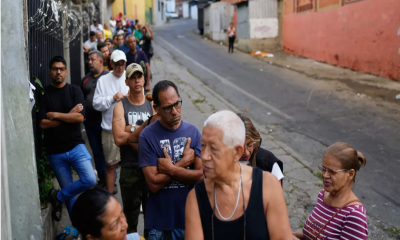
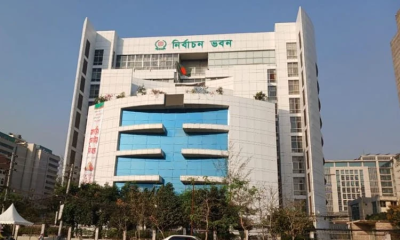
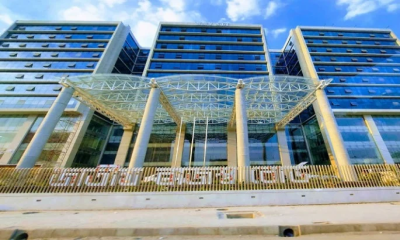
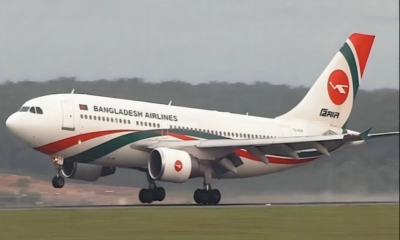
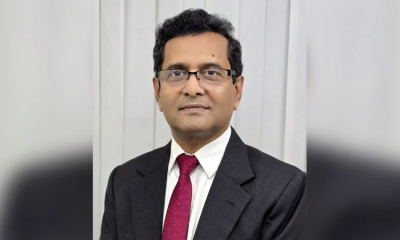

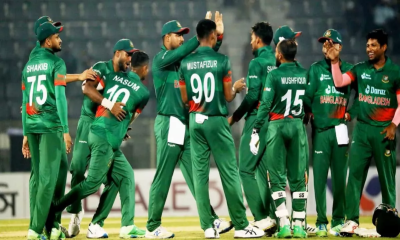

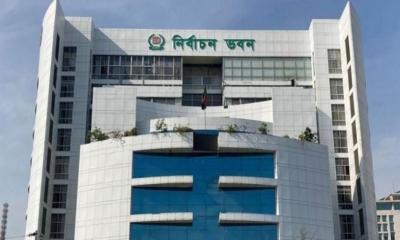
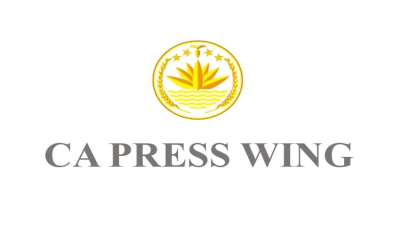
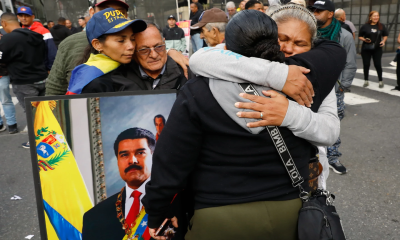
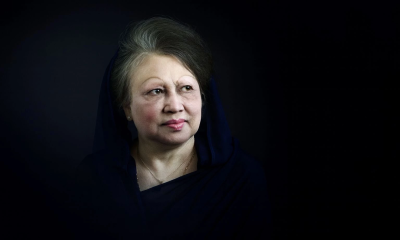
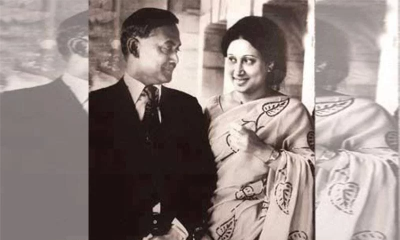
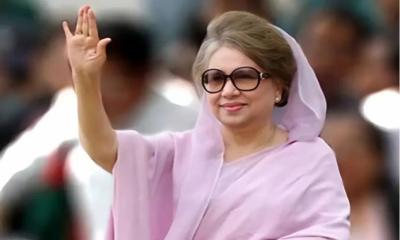
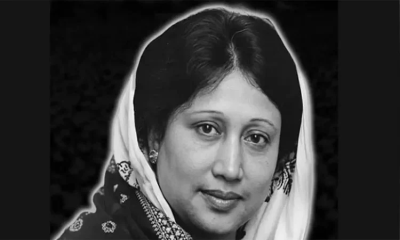
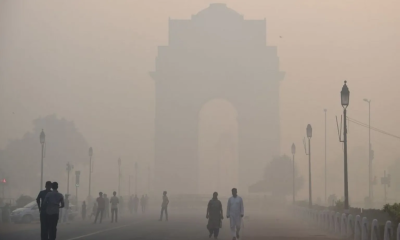
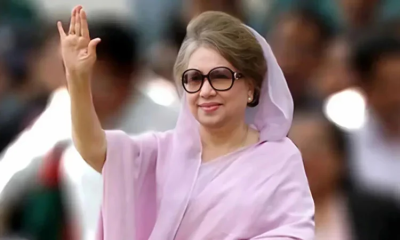
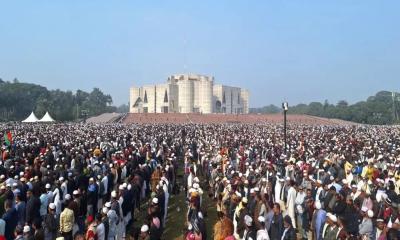

-20251229113834.jpg)
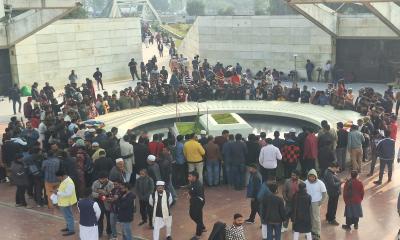
-(2)-20260102070806.jpeg)


